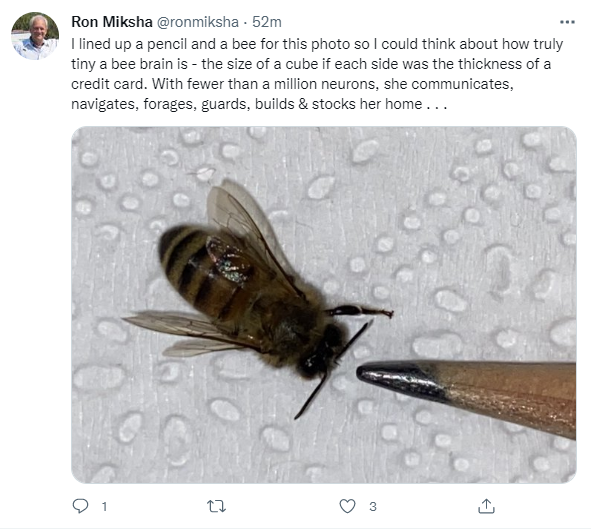There are only two biological sexes because there are only two types of gametes. Yes, some people are difficult to categorize by simply looking at their bodies, but if they produce a gamete (a cell capable of combining with another cell to produce a human being), it will be either an egg or a sperm, not a spegg nor any other functional option. See this short video produced by the Paradox Institute.
Almost inevitably, upon taking this position, you will hear people who have inhaled gender ideology say the "But intersex people exist." Intersex conditions exist, but they are rare (2/10,000), much rarer than the (approximately 1.4/100) of 13-17 year old teenagers now claiming to be transgender. Consider the following chart, which illustrates the number of intersex people compared to the numbers of people whose sex is obvious by simply looking:

How does the Intersex Gambit unfold? You will be challenged with the following, which I've heard in person several times from people formally educated enough to know better than to screw up something everyone learned in high school biology. They will say something like this: "Sex is not binary because intersex people exist and this demonstrates that biological sex is a spectrum." Biologist Colin Wright, author of "Understanding the Sex Binary," elaborates. Gender ideologists advises:
If no single line can be drawn, then anywhere someone chooses to draw one is totally arbitrary and subjective. If it’s totally arbitrary and subjective, then that means the categories male and female are also arbitrary and subjective “social constructs” with no firm root in biological reality. If that’s the case, why are we categorizing people in law according to these arbitrary labels instead of letting people simply label themselves? To do otherwise is to oppress people based on a biological falsehood.
Wright laments that this argument is made with "stunning success" and that it has even been embraced by "parts of the scientific establishment and the medical profession." Those using this argument include historian of science Alice Dreger.
In her book, Hermaphrodites and the Medical Invention of Sex, Dreger refers to intersex individuals as “hermaphrodites,” and says: “Hermaphroditism causes a great deal of confusion, more than one might at first appreciate, because—as we will see again and again—the discovery of a ‘hermaphroditic’ body raises doubts not just about the particular body in question, but about all bodies. The questioned body forces us to ask what exactly it is—if anything—that makes the rest of us unquestionable.”



